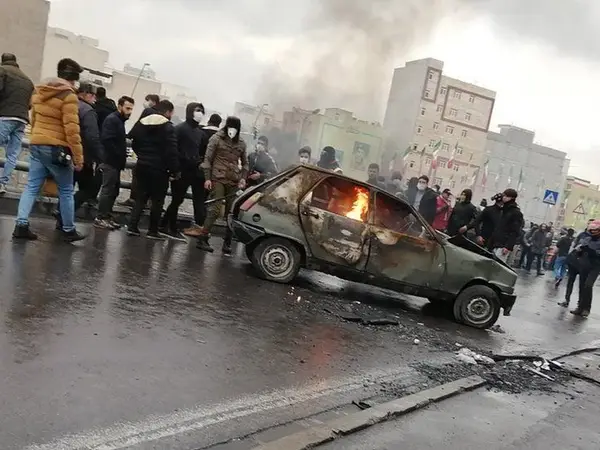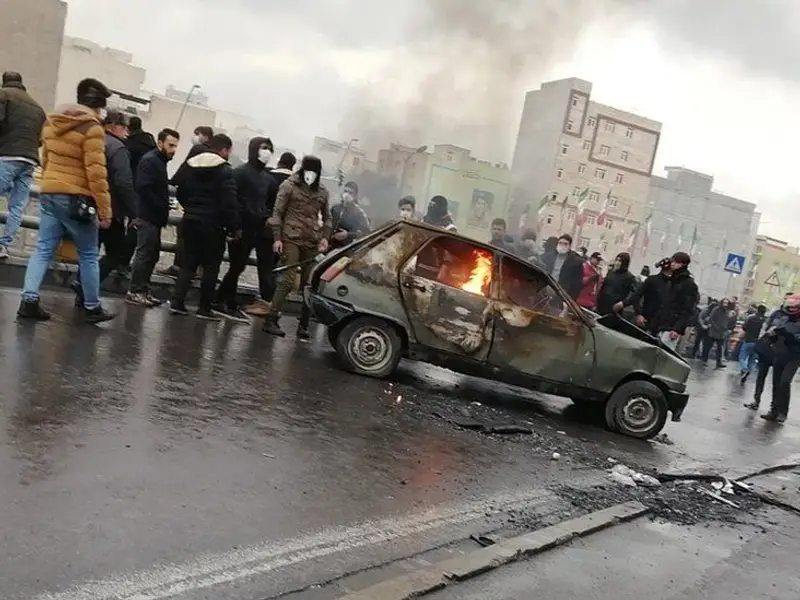In a recent disclosure, a member of the Iranian parliament, has revealed that the upcoming year's budget includes approval for a potential increase in energy prices.
Jalal Mahmoudzadeh has sounded a note of caution, emphasizing that the approval carries a risk, “as the government may suddenly decide to raise the prices of gasoline or other energy carriers."
Despite assurances from Iran's Oil Minister, Javad Owji, and government spokesman Ali Bahadori Jahromi that there are no plans to increase gasoline prices, a sense of skepticism prevails among many Iranians. There is a widespread belief that the government is deferring a price hike. In late July, Iran International reported that the government postponed the implementation of stricter fuel rationing for political reasons.
In November 2019 nationwide protests were triggered by a fuel price increase, resulting in a brutal crackdown and the tragic death of at least 1,500 civilians.
Since at least mid-2022, Iran has been contending with gasoline shortages, leading to the release of one-third of its strategic reserves. Despite being a global powerhouse in oil and gas reserves, the government continues to sell gasoline at highly subsidized prices, charging less than 10 US cents per gallon or less than 3 cents per liter. Neighboring oil-producing nations align their prices more closely with international market rates. Iran boasts the world's second-cheapest gasoline price, surpassed only by Venezuela.
Discussions about adjusting prices have been ongoing for years, but the economic crisis since 2018, marked by a 12-fold drop in Iran's currency, requires a substantial increase to have a meaningful impact in US dollars. The hesitation to raise prices during the current economic turmoil is further complicated by the severe unrest faced by the Islamic Republic from September 2022 to February 2023.

